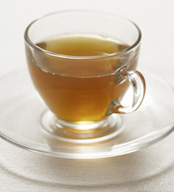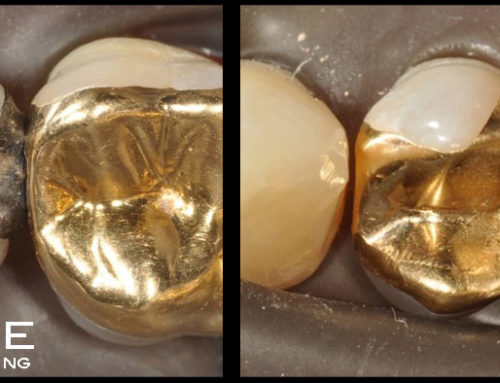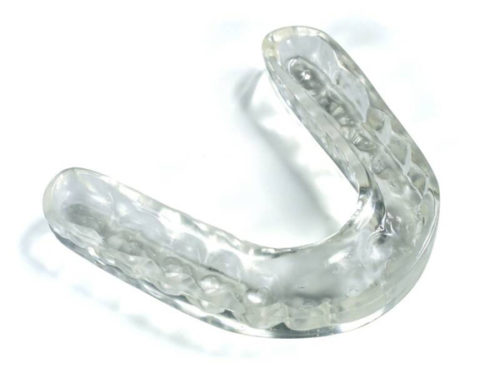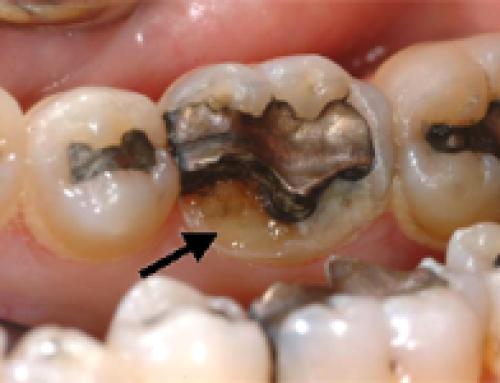Civilizations around the world have used natural herbs and plants to treat sickness and pain. All tea comes from a plant, Camellia sinensis. Unlike black tea, green tea is not fermented, so its active ingredients remain unaltered. Green tea’s protection comes from a powerful antioxidant, a polyphenol called EGCG.
There is evidence to show that green tea can be effective in the prevention and treatment of certain types of cancer, high cholesterol, cardiovascular disease, rheumatoid arthritis and impaired immune function.
Because our mouths are an oxygen-rich environment closely connected to our blood vessels, they provide an ideal habitat for the growth and rapid proliferation of cancer cells. Scientists have confirmed that green tea not only halts the growth of new oral cancer cells but it actually breaks down and kills existing oral cancer cells. A double-blind study of people with leukoplakia (a precancerous oral condition), showed that those in the green tea group compared to those in the placebo group had significant decreases in the pre-cancerous condition.[Li N, Sun Z, Han C, Chen J. The chemopreventive effects of tea on human oral precancerous mucosa lesions. Proc Soc Exp Biol Med 1999;220:218-24.]

Ingredients in green tea may reduce the risk of getting dental cavities. One study compared two groups. The one that rinsed each night with an alcohol extract of oolong tea leaves had significantly less plaque formation than the group that did not. [Otake S, Makimura M, Kuroki t, et al. Anticaries effects of polyphenolic compounds from Japanese green tea. Caries Res 1991;25:438-43.]
Another benefit of green tea is that it stunts the growth of odor causing bacteria, thus helping you maintain a fresh breath.
And just how much green tea should we be drinking? To fully obtain the benefits, we should have at least four to six cups a day. And if you don’t want to drink it down, simply use it as a mouthwash. Decaffeinated tea is recommended to reduce the side effects associated with caffeine, including anxiety and insomnia. Supplements in the form of tablets are also available.







Leave A Comment